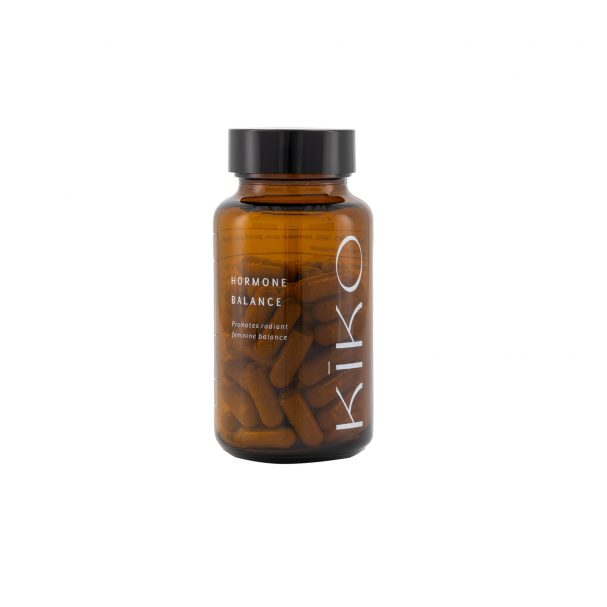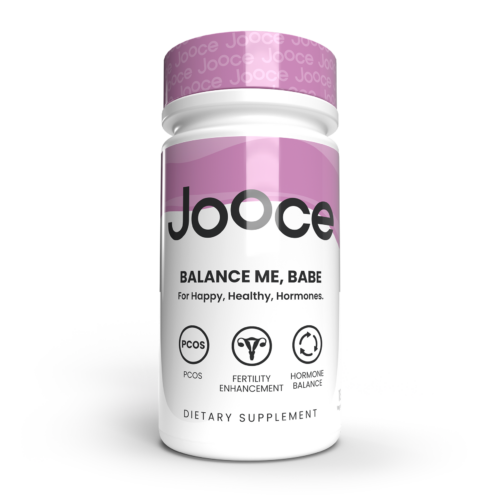From puberty to menstruation, pregnancy, and menopause, hormones change all the time and result in an imbalance.
These hormonal imbalances can profoundly affect a woman’s overall health and well-being. Through awareness and proactive healthcare, women can flip the switch on facing the challenges of hormonal imbalances and begin to lead a fulfilling, healthy life again.
When facing a shift in hormones that become imbalanced, here’s what you can expect:
Menstrual irregularities
Hormone imbalances often manifest through irregular menstrual cycles. Conditions such as Polycystic Ovary Syndrome (PCOS) and endometriosis are linked to hormonal disruptions. Irregular periods not only affect a woman’s reproductive health but can also contribute to fertility issues and emotional distress.
Moodzilla and mental health
Oestrogen and progesterone, the primary female sex hormones, are the main characters in regulating mood. Fluctuations in these hormones can lead to mood swings, anxiety, and depression. Women experiencing premenstrual syndrome (PMS) or premenstrual dysphoric disorder (PMDD) may find their mental health significantly impacted during specific phases of their menstrual cycle.
Healthy bones?
Hormones play a vital role in maintaining bone density. Oestrogen, in particular, helps to protect bones. During menopause, when oestrogen levels drop, women become more susceptible to osteoporosis, a condition characterised by weakened and brittle bones. Proper hormonal balance is crucial for preserving bone health throughout a woman’s life.
Ready for reproduction
Hormone imbalances can have a profound impact on reproductive health. Irregular ovulation, a common consequence of hormonal disruptions, can lead to fertility obstacles. Conditions like PCOS, characterised by elevated androgen levels, can interfere with ovulation and menstrual regularity, making it challenging for women to conceive.
Its not about the scale
Hormones have their role in regulating appetite, metabolism, and fat storage. Imbalances can contribute to weight gain or difficulty losing weight. Conditions such as insulin resistance, often associated with hormonal imbalances, may lead to obesity and increase the risk of metabolic disorders.
Skin and hair changes
Hormonal imbalances can manifest in changes to the skin and hair. Acne, excessive hair growth (hirsutism), and hair loss are common symptoms. These changes can significantly impact a woman’s self-esteem and body image.
ALSO SEE: Is intermittent fasting a good idea?
Take back your life
Struggling with imbalanced hormones? While seeing a healthcare provider to help you manage these imbalances, there are some lifestyle changes you can make to assist you in recovering your hormonal health:
Balanced nutrition: Ensure your diet includes a variety of nutrient-dense foods, such as fruits, vegetables, whole grains, lean proteins, and healthy fats. Nutrients like omega-3 fatty acids, vitamin D, and antioxidants can support hormonal health.
Limit processed foods: Reduce the consumption of processed and sugary foods, as they can contribute to insulin resistance and hormonal imbalances.
Regular exercise: Engage in regular physical activity, as exercise can help regulate hormones, improve insulin sensitivity, and reduce stress. Both aerobic exercises and strength training can be beneficial. Low-impact exercises are best for hormone imbalances to prevent a cortisol spike.
Stress management: Chronic stress can contribute to hormonal imbalances. Incorporate stress-reducing activities into your routine, such as meditation, deep breathing exercises, yoga, or mindfulness practices.
Adequate sleep: Aim for 7-9 hours of quality sleep per night. Poor sleep can disrupt hormonal balance, affecting hormones such as cortisol, insulin, and growth hormone. Establish a consistent sleep schedule and create a sleep-friendly environment.
Supplementation: Some supplements and herbs may help support hormonal balance. For example, omega-3 fatty acids, vitamin D, and adaptogenic herbs like ashwagandha and rhodiola have been studied for their potential benefits. However, it’s essential to consult with a healthcare professional before adding supplements to your routine.
Tried and Tested


Remember, individual responses to combatting hormonal imbalances may vary but it’s important to work closely with a healthcare professional to determine the most appropriate course of action based on your specific hormonal imbalances and overall health.
ALSO SEE:
Feature Image: Pexels

